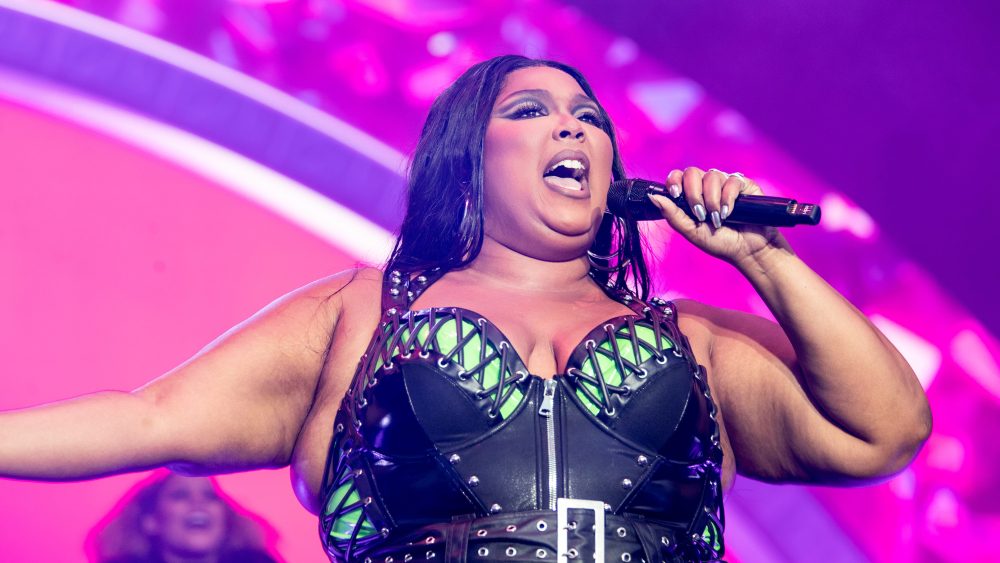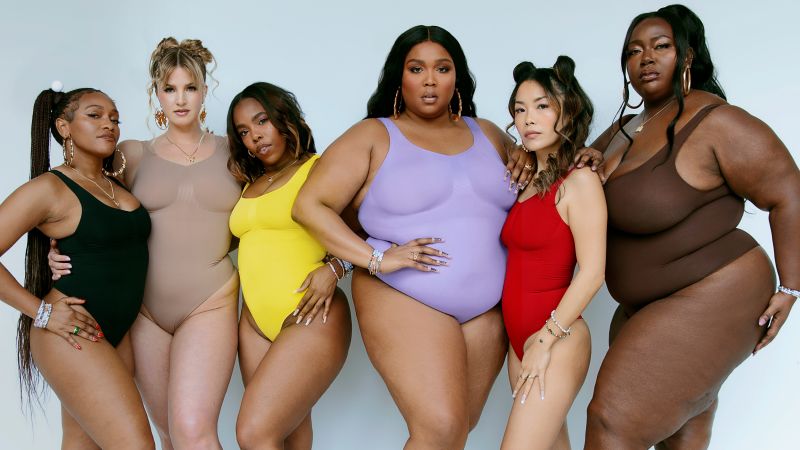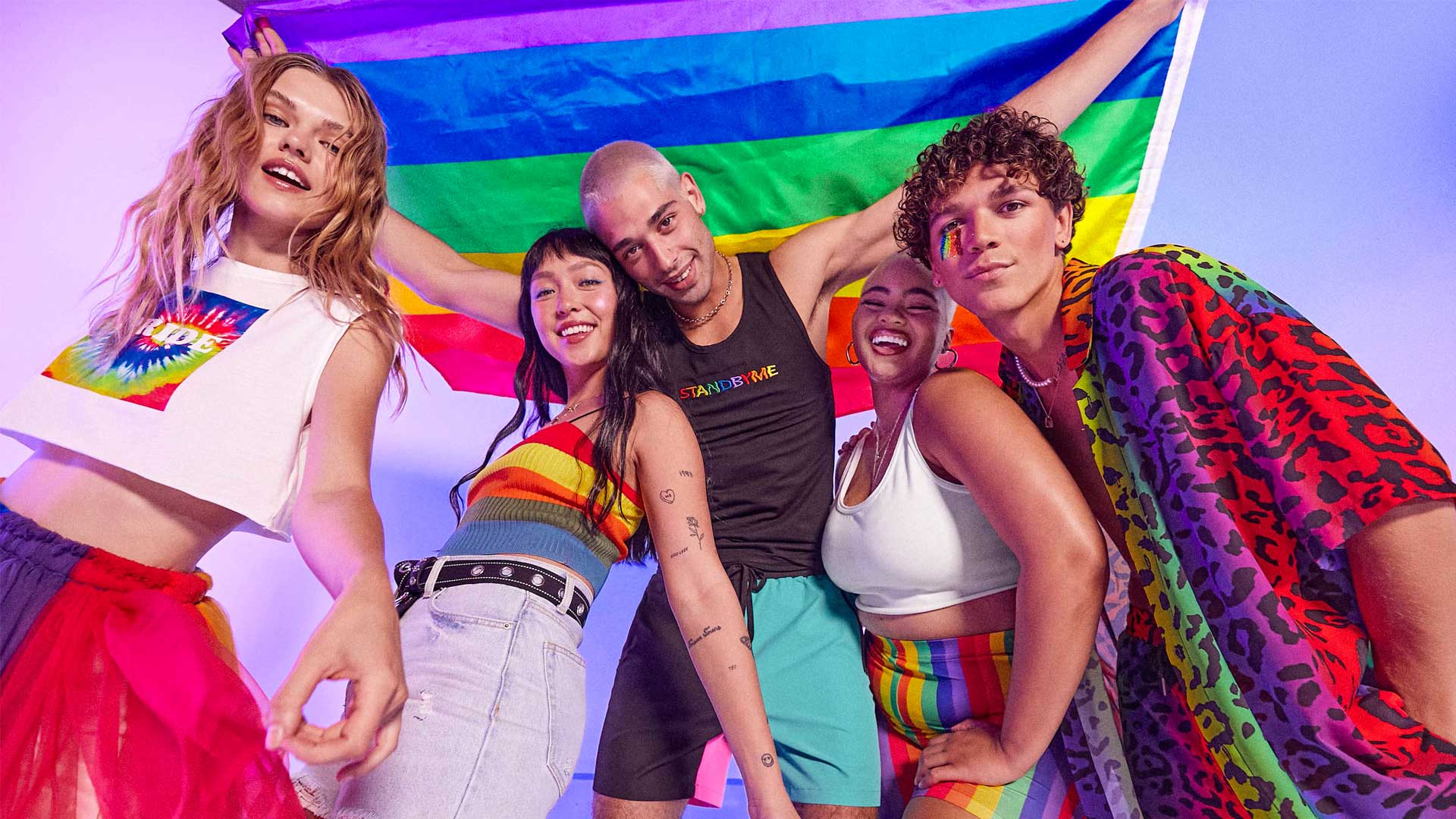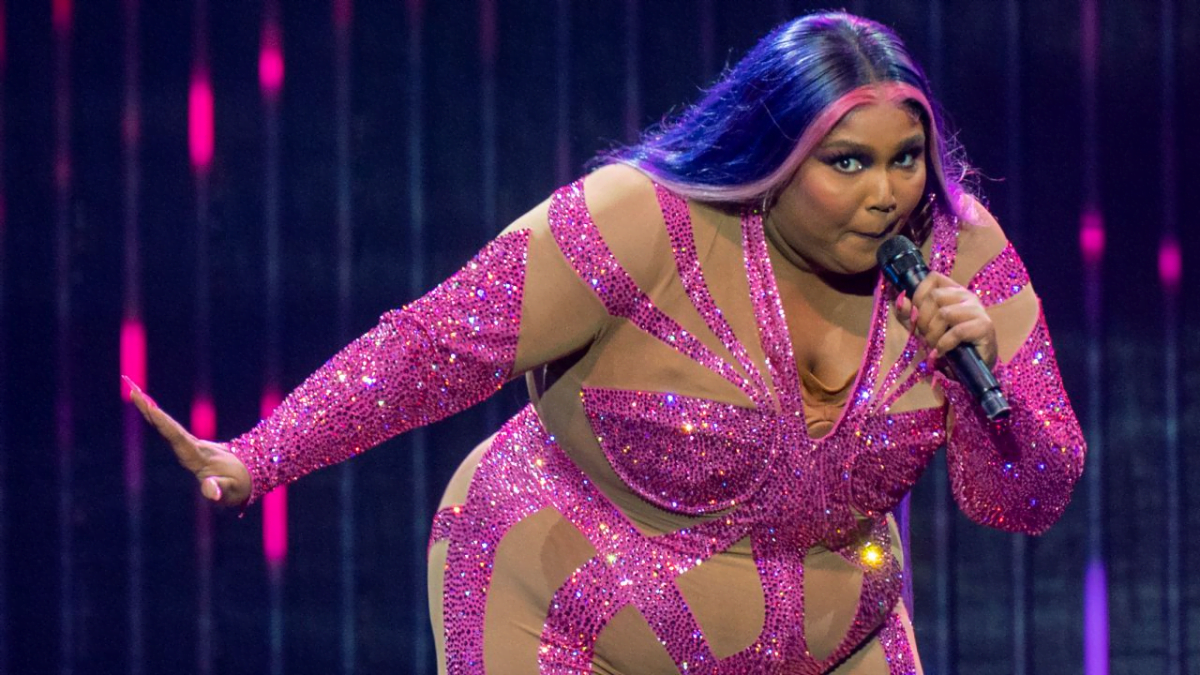Three former members from pop singer Lizzo’s dance crew have sued her on the grounds of facilitating a hostile work environment, and have further alleged that they were subjected to religious, racial and sexual harassment, and assault, earlier this month. The backup dancers suing the singer levelled troubling allegations against her, and were further joined by six additional complainants with similar stories to narrate about the toxic and dangerous environment the singer was accused of maintaining while on tour.
One such accusation, for instance, alleges that the ‘About Damn Time’ singer forced one of her dancers to engage with a nude performer in a night club in Amsterdam; another that she falsely accused her crew of being intoxicated on the job and subjected them to grueling auditions as punishment.

The fallout from these accusations has been swift and intense. Yet victims of the workplace harassment and Lizzo’s dangerous conduct on tour continue to seek justice. Only in the past few weeks, the singer has reportedly lost 220 thousand followers on Instagram, and an entire music festival she was headlining, alongside singer SZA, was abruptly cancelled.
Though Lizzo released a statement addressing these accusations and declaring herself as the victim instead of the villain, most people remained dissatisfied with the statement’s overly mechanical tone, and noted that at no point did Lizzo even address, let alone apologise for, the allegations levelled against her.
The blow to Lizzo’s brand of inclusive self-love
The accusations come as a surprise to fans of the singer primarily for the reason that they seem to go against everything Lizzo has been advocating for in the past few years. Her peppy pop anthems have bagged Grammies, and enthralled huge swathes of people by preaching about self-love and acceptance. Her reality dance competition show has won an Emmy for portraying in a sensitive manner the journey that plus-sise Black women dancers had to go through. Her shape-wear brand has been hailed by people for its inclusive and diverse catalogue.

The sheer dichotomy between the nature of the accusations and Lizzo’s image as a major activist for body positivity and inclusivity seems to be bisarre, not just to her own fans but to the general public as well. Yet Lizzo’s case offers a concise look into the nature of capitalistic virtue-signaling and the ways in which celebrities wield identity politics to mask their own troublesome beliefs and attitudes.
Neoliberal pinkwashing as a shield against cancellation
This is not the sole instance where neoliberal language has been effectively wielded by influencers to turn a profit. In June of this year, fast fashion brand SHEIN bought out a catalogue of polyester Pride looks for sale, which bought into discussion yet again the company’s horrifying track record of international labor law violations and its exploitation of children.

In India, too, it is not uncommon to find men occupying positions of power in leftist organisations who engage in harassment and abusive behavior with their colleagues, assuming that their leftist credentials would exonerate them from any scrutiny. Only earlier this year, for instance, students in Delhi University and Pondicherry University levelled allegations of sexual harassment against leaders belonging to the Student Federation of India (SFI) on their campuses. There exists an insidious trend to co-opt marginalised identities and political ideologies to shirk allegations of abuse.
The social media trial during the Depp-Heard case is perhaps a stark example of this trend. By appealing to misogynistic audiences on the grounds of being a neglected male victim of abuse, Depp managed to essentially hide his abusive past and behaviors toward his former spouse. In a similar vein, one can recall how Kevin Spacey, accused of assault, came out as gay soon after the allegations first surfaced.
By appealing to misogynistic audiences on the grounds of being a neglected male victim of abuse, Depp managed to essentially hide his abusive past and behaviors toward his former spouse.
In both cases, we observe a trend to appeal to neoliberal sentiments concerning identity politics. As people become increasingly obsessed with treating their liberal credentials as social capital amongst their insular, elite circles, they begin to treat social identities as mythologised entities existing in vacuum. They caricaturise intersectional theories and neglect the intricate networks of power dynamics between people.
The myth of the infallibility of marginalised communities
Identities are thus foolishly ascribed moral and theological positions; oppressed categories are ontologically good no matter what. In this schema, it becomes impossible to raise one’s voice against systems of discrimination and oppression that exist within such identities- it is hard to sustain good critiques of misogyny within, say, queer circles, without being hit by allegations of being homophobic.
In this schema, it becomes impossible to raise one’s voice against systems of discrimination and oppression that exist within such identities- it is hard to sustain good critiques of misogyny within, say, queer circles, without being hit by allegations of being homophobic.
Against such context, it becomes apparent why Lizzo, and several other influencers occupying marginalised positions in one way or the other, often bandy about their identities in an effort to disguise their abusive pasts. Such behavior on their part provides fertile ground for reflection and introspection on our own roles as consumers in a neoliberal setting.

Our understanding of identity has become immeasurably skewed; our conception of the oppressor-oppressed relationship as describing strictly ethical positions as opposed to a complex historical relationship based in power imbalances now stops us from accurately analysing several social issues. It is imperative that we remain aware of the ways in which social identity is tokenised in today’s times.
Lizzo’s weaponisation of inclusivity rhetoric against allegations
Another important aspect of Lizzo’s controversy is perhaps the insight it offers into how celebrities we tend to look up to, or respect, utilise neoliberal slang and inclusive languages to turn a profit. In a strictly capitalist world as ours, this makes sense. By appealing to consumers’ sentiments of political consciousness and by utilising the trend of treating political ideologies as commodities, celebrities release entire collections of merchandise and cosmetics and shapewear with almost the same quality as any other brand, but gain attention for the same solely by virtue of the brands’ advertising being couched in inclusive language (let alone the fact that such brand often hide dark histories of worker mistreatment and labor law violations.) This pinkwashing of politics is a blaring warning sign for us as consumers to acknowledge the fact that some of our most favorite role models often only care for social causes insofar as they can obtain money from it.
Lizzo’s former creative director, Quinn Whitney Wilson, applauded the dancers for bravely sharing their stories and bringing to light the hostile work environments Lizzo enabled on tour. Further, filmmaker Sophia Nahli Allison, who was contracted to direct Lizzo’s documentary “Love, Lizzo,” also spoke of mistreatment by the singer, and expressed gratitude at having walked away from the opportunity to direct the film.

The dancers who have filed the lawsuit continue to seek justice for the mistreatment they’ve suffered at the behest of the famous pop singer, and their stories are a sad reminder that misogyny, racism and other forms of bigotry exist even in apparently “safe spaces” – from leftist organisations to influencers preaching about self-love.
About the author(s)
Mayank (he/him) is an 18-year-old student hailing from Delhi. He is particularly interested in offering cultural and literary critique through the lens of feminist and queer studies. In his free time, Mayank enjoys reading theory and is known to appreciate pictures of pet cats.






